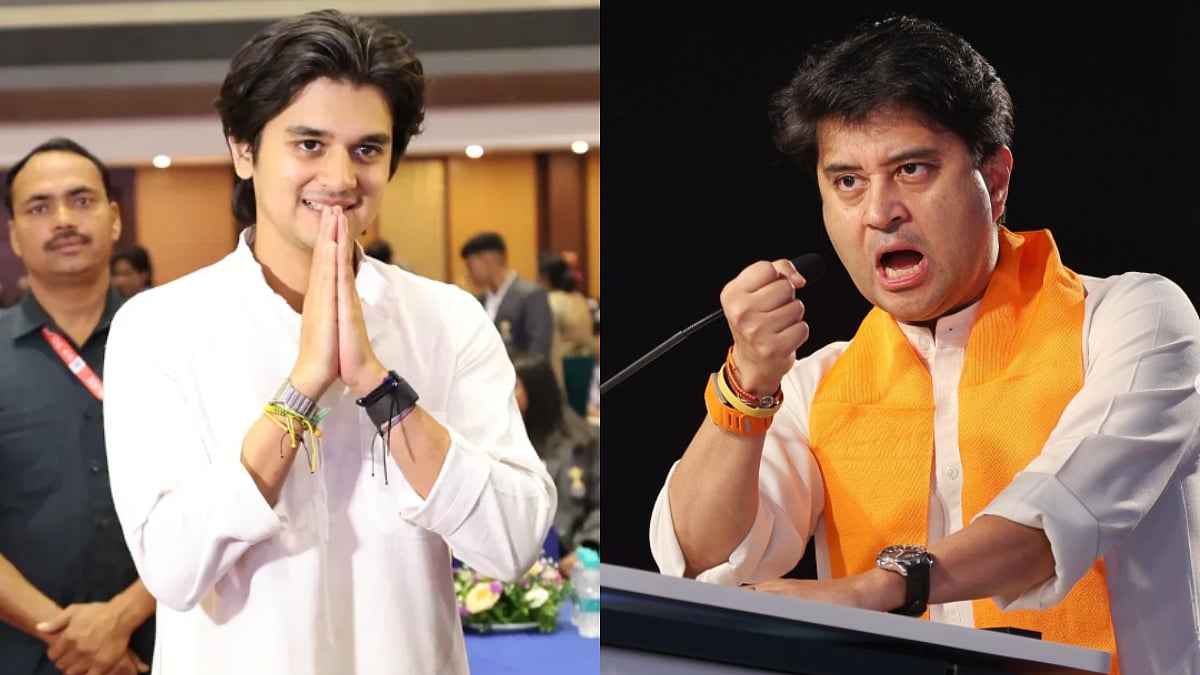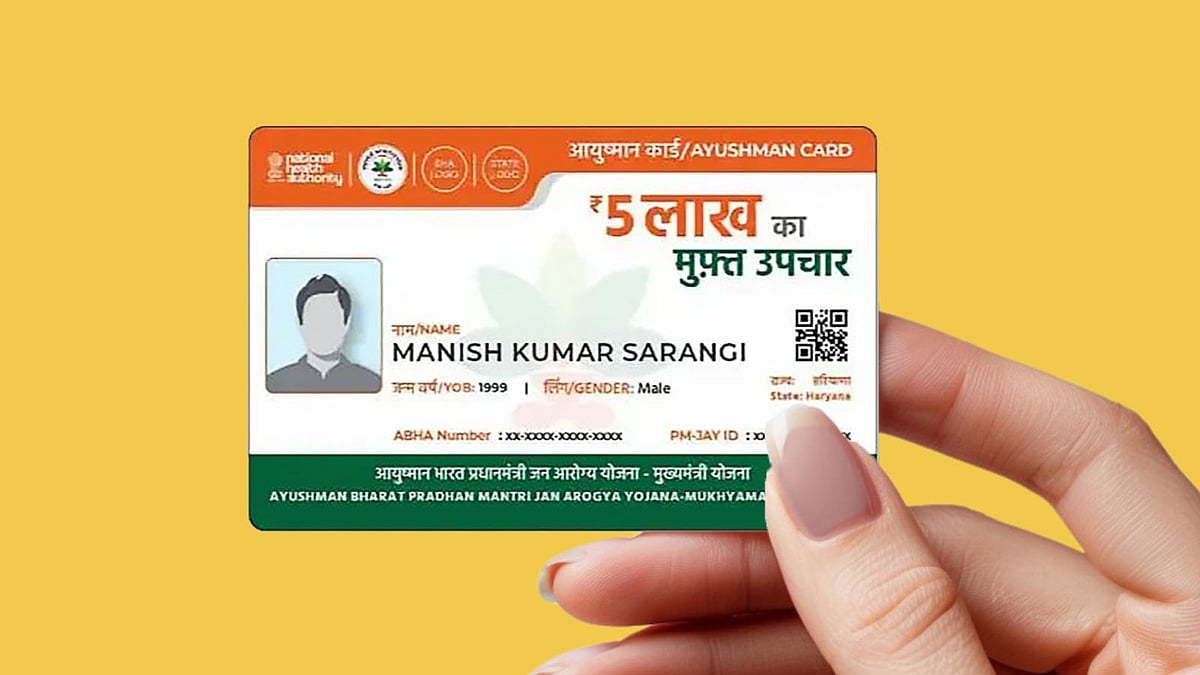Mumbai: The Bombay High Court has ruled that a minor’s right to obtain a passport and travel abroad cannot be denied merely because of an ongoing matrimonial dispute between the parents.
The court directed the Pune Regional Passport Office (RPO) to issue a passport to a 17-year-old girl within two weeks, emphasizing that the right to travel abroad is a fundamental right protected under the Constitution.
The girl’s passport application had been stalled since November 2024 after her father objected to it. Her parents are in the midst of divorce proceedings, and the father had refused to provide a No Objection Certificate (NOC). In response, the girl’s mother submitted a declaration explaining the missing consent due to the matrimonial dispute.
A division bench of Justices Girish Kulkarni and Advaith Sethna observed that denying the girl a passport based on her father’s objection would violate her constitutional rights. The court noted that the girl, who resides with her mother, is a bright student and has been selected for a school study tour to Japan due to her outstanding academic performance.
The bench stated that the father’s refusal to provide consent, stemming solely from his dispute with the mother, could not justify denying the girl her right to travel abroad. It emphasized that “personal liberty” under Article 21 of the Constitution includes the right to travel, and any restriction on this right must follow a fair, just, and reasonable procedure.
“The procedure prescribed by law has to be fair, just and reasonable, not fanciful, oppressive or arbitrary. The right to travel abroad is a facet of fundamental right guaranteed under Article 21 of the Constitution of India,” the bench said.
The court highlighted that, in modern times, international travel is often a necessity rather than a luxury. It added: “Such a need to travel which may be the requirement of a child, a student or an employee, professional or a person from any other strata of the society, has undergone a monumental change. Thus, the right to travel is required to be not only recognised but made more meaningful.”
Criticizing the RPO’s “mechanical approach,” the court noted that denying the passport could cause irreparable harm to the girl’s educational opportunities. It observed that the mother’s declaration under the Passports Act should have been appropriately considered, especially since the father had no court order preventing the passport issuance. Furthermore, the father failed to present any valid legal grounds to justify his objection.









